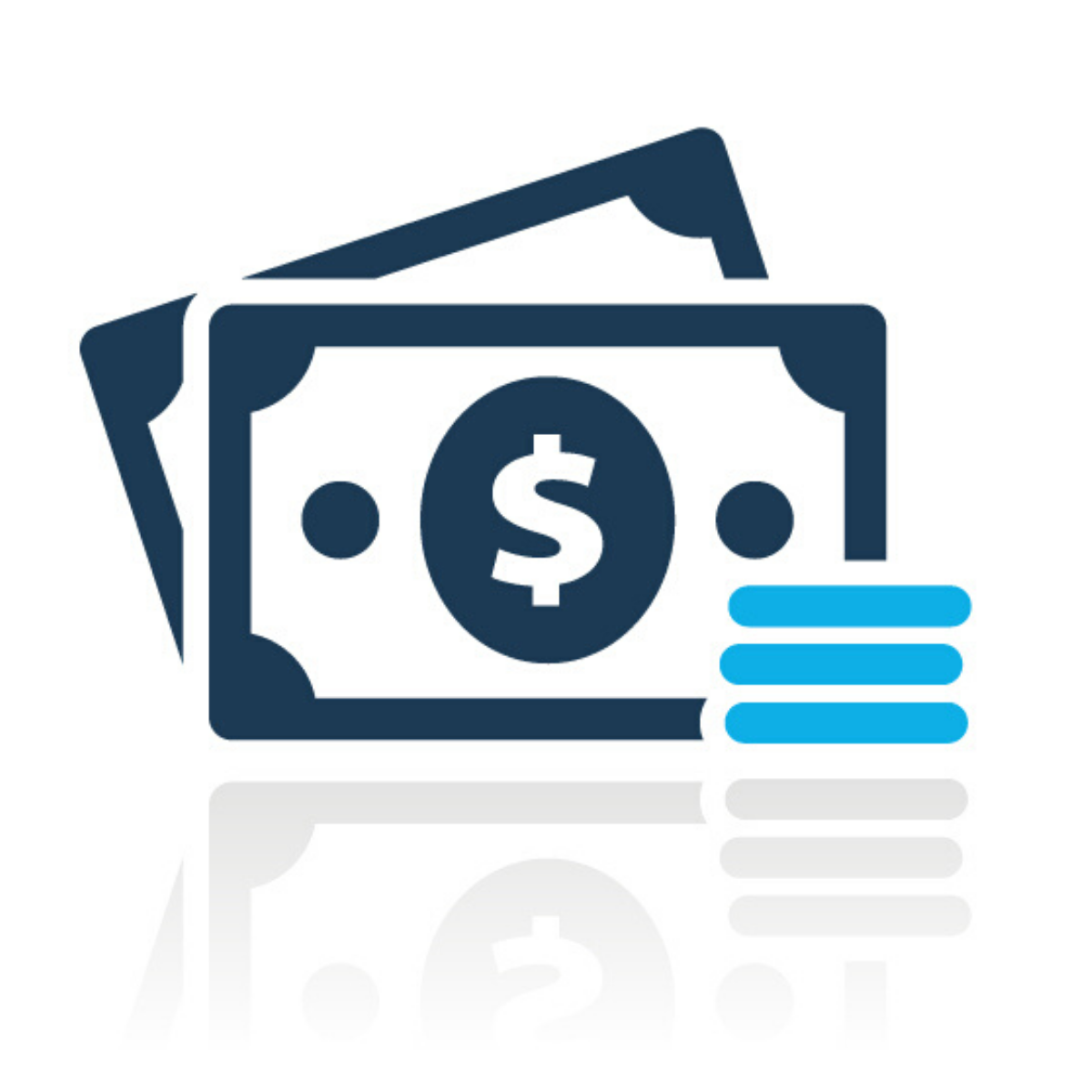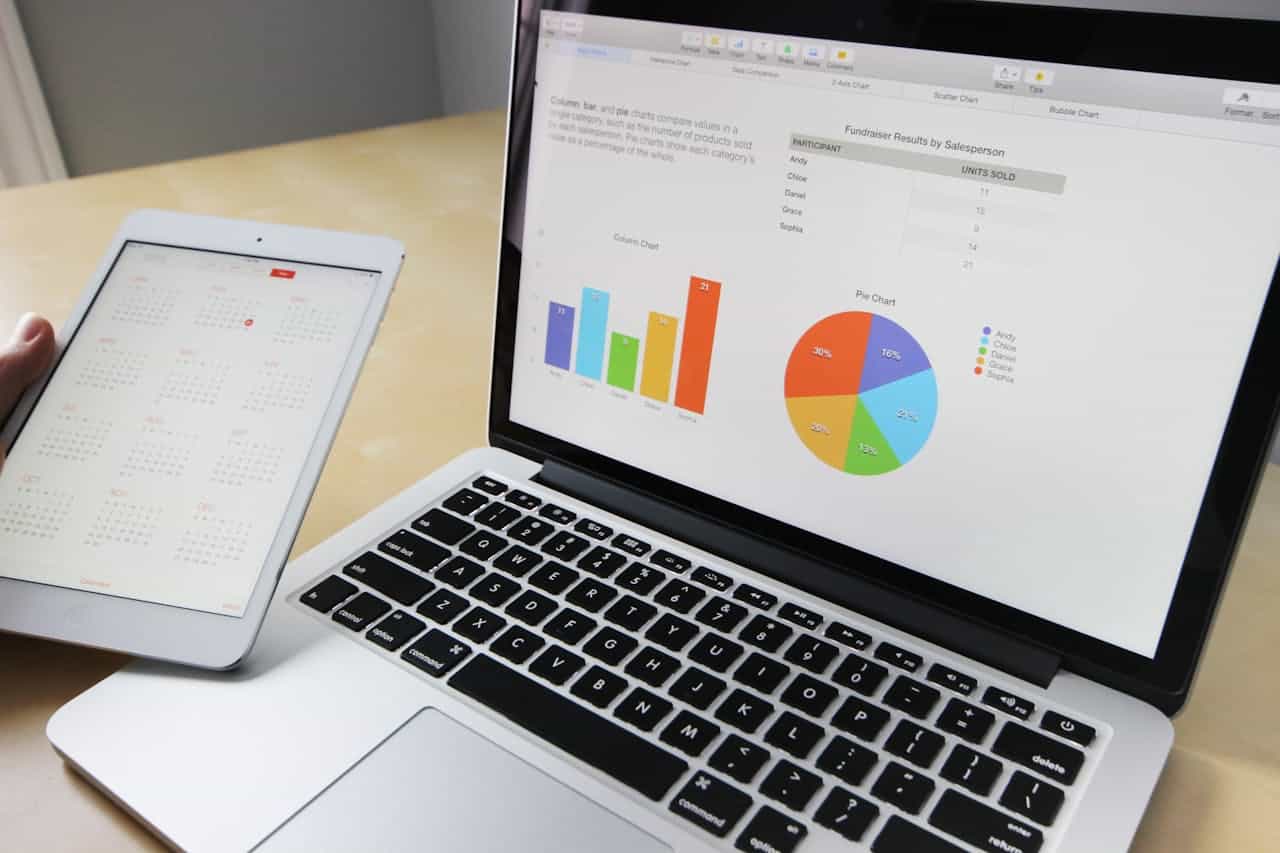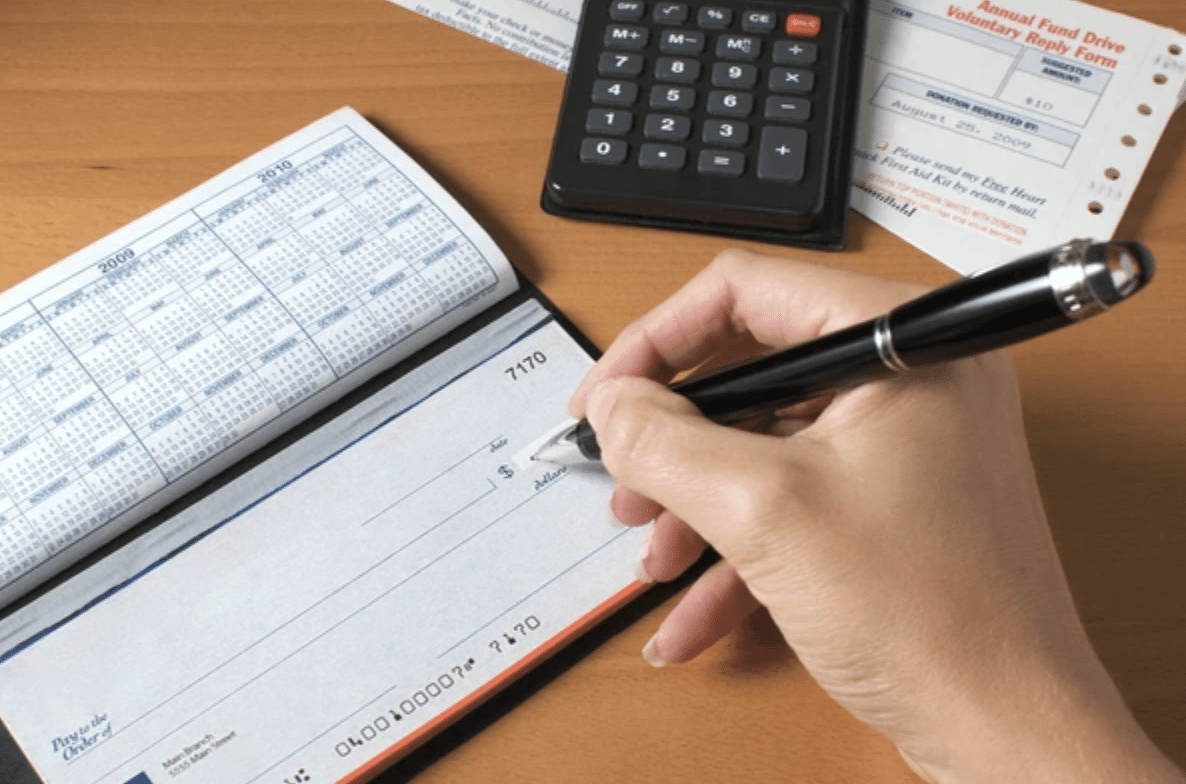Build business credit and you’ll have already answered many of the “why” questions that hold the keys to entrepreneurial growth.
Successful entrepreneurs figure out how to build business credit quickly because it tells anyone you need to borrow from – or who you want to invest with you – why you’re worth the risk.
The factors that determine business credit help everyone from a bank, a venture capitalist or an alternative lender to see that you have some kind of financial track record to inform their decision-making.
Although some aspects of lending or investment decisions will remain subjective – like whether your business idea resonates with them, the persuasiveness of your pitch and so on – most people can’t move forward with a loan or other kind of financial commitment without empirical evidence that the risk is reasonable.
Unfortunately, “How I establish credit for my new business” isn’t a question a lot of new business owners ask themselves until they’ve already reached a point where they really need additional capital to execute on their plan.

Read on to avoid that scenario and get a better sense of how business credit is determined, what you’ll use it for and how you can make sure your score puts you on the right footing with prospective business loan lenders.
Your Business Credit Score Explained
Have you ever heard the term, “buy low, sell high?” Well, business credit works more like this: “score high, borrow low.”
While the exact calculations credit bureaus like Transunion and Equifax use to determine business credit vary, a score in the top range could make a world of difference in how you take your company to the next level.
Some of the key benefits include:
Some of the factors that go into your credit rating include the commercial delinquency score (CDS). Firms with a low CDS are considered less likely to be late paying bills and invoices.
Another area where you want to aim for high marks is the business failure risk score (BFRS). Sadly, a lot of new companies close their doors within their first year of operations. The BFRS helps gauge whether your business will beat those odds and enjoy a long-term future.
There are other elements of business credit where lower numbers are better, however. This includes the payment index (PI), which measures the timeliness with which you pay creditors, and credit information (CI), where a low value positions your company as reliable in managing payments and interest.
Personal Vs. Business Credit Scoring
You may have an outstanding personal credit score, but don’t make the mistake of assuming you can or should leverage it to get your business off the ground. Think about all the overhead and unexpected day-to-day expenses that are required to keep a company operational. If you bootstrap your business using personal credit, it could be easy to find yourself in over your head and even negatively affect your personal credit rating.
Business credit is scored differently for a reason. It not only takes into account how often and on time you’ve paid your bills, but the size of your company, the extent to which your industry is at risk of disruption from technology or other challenges, and whether your firm has been hit by legal action such as bankruptcies or liens.
Bear in mind that a business credit rating is publicly available to anyone, and it’s rich in terms of the information provided.
How many accounts do you have with various suppliers?
Has your firm ever been chased by a collection agency?
What judgements have you faced?
This may all be in the report, along with bank account details.
How To Build My Business Credit?
Establishing business credit in Canada isn’t necessarily difficult, but it should be planned at the very outset of growing your company. Some of the steps to consider include:
Make Your Presence Visible (Even If You Operate Only Online)
A lot of business credit scoring is based on searching through public records, so agencies should easily be able to find your business phone number, web site address, and a bank account that uses your legal business name for paying your bills.
Demonstrate Credibility With Business Credit Cards
There are few ways to show you’re responsible as a borrower than to have a business credit card bill where the balance is paid off regularly and promptly. Many credit card issuers will report to one or more of Canada’s credit ratings agencies, so applying for one is a good idea.
Partner Wisely With Suppliers And Vendors
Impress the companies you rely on to give you the things you need to manage day-to-day business activities, and look for those that report to business credit agencies so your prompt payments don’t go unnoticed.
Get Ahead Of Due Dates
Sometimes financial emergencies come up, but good planning and effective management often means you can forecast expenses so that they can be covered off well before credits are expecting a bill to be paid. Every time you pay early, you’re effectively investing in your business credit score.
Conclusion
You don’t build business credit and then move onto the next task. It should be incorporated as a discipline in everything you do as the owner of a company.
That not only means staying on top of bill payments and credit card statements, but taking an active interest in monitoring your own business credit history. Better that you know where you stand before lenders, investors or other third parties make inquiries and find out something unexpected.
As you probably already know, reputation is everything. Your business credit reflects the reputation you’ll need to make your company successful.

















